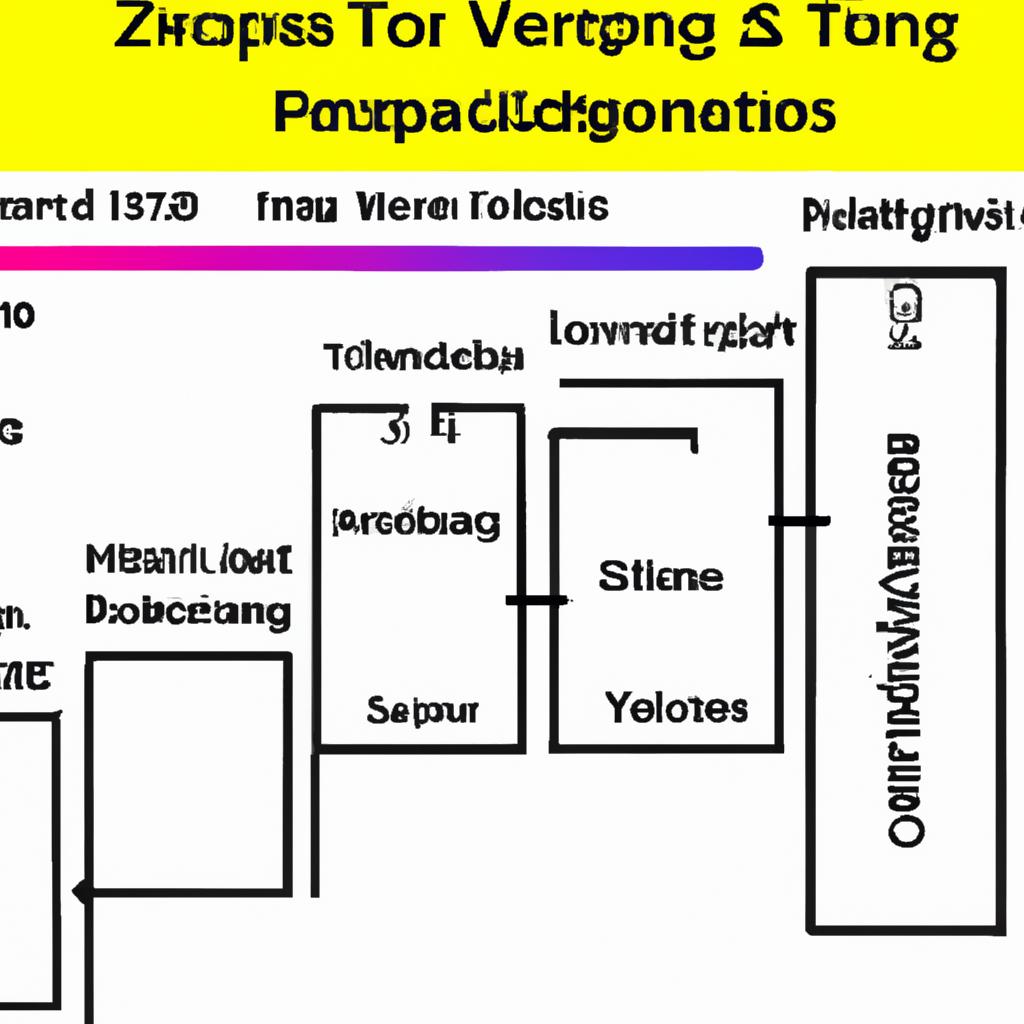In an era where brand identity is often shaped by global visibility and market influence, the significance of geographical markers in brand integrity cannot be overlooked. Zip code protected brands, those cherished local treasures safeguarded by geographical indications and trademark laws, embody the essence of community heritage and craftsmanship. Upholding integrity in these brands is not merely a matter of legal obligation; it is an ethical commitment to respect the stories, traditions, and livelihoods they represent. This article delves into the importance of honoring these protected designations, exploring how they foster a sense of belonging, promote economic sustainability, and ultimately contribute to the rich tapestry of cultural diversity in our increasingly interconnected world. Join us as we uncover the compelling reasons to respect, protect, and celebrate the uniqueness of zip code protected brands.
Understanding Zip Code Protected Brands and Their Significance
The concept of zip code protected brands serves a crucial role in maintaining the integrity and authenticity of regional products. These brands are often tied to specific geographic locations and are recognized for their unique qualities and characteristics that are deeply rooted in the culture and tradition of their area. For instance, take the case of **Chicago-style deep dish pizza** or **Kentucky bourbon**. These products signify not only culinary excellence but also a sense of pride for the communities that produce them. Protecting these brands ensures that consumers receive an authentic experience while helping local economies thrive by preserving the unique attributes that differentiate these products from others.
The significance of respecting zip code protected brands also extends to legal and ethical considerations. Unauthorized use of these brands can lead to consumer confusion and can diminish the brand’s value over time. A thorough understanding of these principles can be beneficial for businesses, consumers, and policymakers alike. Here are some key points to consider regarding the significance of these protected brands:
- Quality Assurance: Ensures that consumers receive products made to specific standards.
- Cultural Heritage: Protects the cultural identity and history tied to products.
- Economic Benefit: Supports local economies through authentic production practices.
- Consumer Trust: Maintains trust by ensuring product authenticity and quality.

Navigating the Challenges of Brand Integrity in Local Markets
In the complex landscape of local markets, maintaining brand integrity hinges on an acute understanding of the cultural and societal fabric that weaves through each community. Local consumers form strong attachments to brands that respect their heritage, traditions, and local preferences. **Respecting Zip Code Protected Brands** necessitates a nuanced approach that recognizes local sentiments while delivering consistent messaging. Engaging with community leaders and actively participating in local events can forge trust and a sense of belonging, allowing brands to align themselves with the community’s values. This interaction can take various forms:
- **Collaborating with local influencers** to highlight cultural events.
- **Creating region-specific campaigns** that resonate with local tastes and preferences.
- **Sponsoring local initiatives** or charities to deepen community roots.
Moreover, safeguarding against market saturation while preserving brand identity can be particularly challenging. Strategies must be tailored to prevent dilution or misrepresentation. One effective way to assess the impact is through regular feedback mechanisms, which can provide insightful metrics on brand perception. Below is a simplified framework to illustrate the process:
| Feedback Method | Benefit | Frequency |
|---|---|---|
| Surveys | Targeted insights on brand perception | Quarterly |
| Focus Groups | In-depth understanding of local sentiments | Bi-annual |
| Social Media Listening | Real-time feedback on brand reputation | Ongoing |
By implementing proactive measures, brands can successfully navigate the intricate interplay of community dynamics while upholding their integrity, ultimately reinforcing their position within the community and ensuring sustainable growth. In doing so, the alignment between corporate values and local expectations becomes not just a strategy, but a crucial cornerstone of brand loyalty.

Strategies for Promoting Respect and Compliance in Brand Protection
To cultivate a culture of respect and compliance surrounding Zip Code Protected Brands, it is crucial to implement proactive strategies that resonate with stakeholders at all levels. One effective method is to engage in regular training sessions that educate team members about the significance of brand protection laws and the potential consequences of infringement. These sessions can be complemented by **interactive workshops** that encourage open dialogue, allowing employees to voice concerns and share insights on how to adhere to the guidelines effectively. Another impactful approach is the development of a comprehensive branding policy manual, which clearly outlines acceptable practices and outlines the benefits of maintaining compliance for both the individual and the organization. By providing accessible resources, companies empower employees to understand their roles in safeguarding brand integrity.
Beyond internal efforts, organizations must also extend their commitment to respect and compliance to external stakeholders, including partners and suppliers. Establishing **clear communication channels** can facilitate a mutual understanding of brand protection efforts. Consider implementing a collaborative monitoring system that allows all parties to report any infractions they observe, fostering a collective responsibility towards maintaining brand sanctity. Furthermore, organizing **community outreach programs** can increase awareness about the value of Zip Code Protected Brands within the local ethos. Building partnerships with local businesses and influencers to advocate for ethical brand practices can create a ripple effect, reinforcing community standards. Together, these strategies weave a robust framework that not only protects the brand but also cultivates a culture of respect and integrity within the market.
In Conclusion
In a world increasingly defined by its complexities and connections, the significance of upholding integrity in our commerce cannot be overstated. As we’ve explored the nuances surrounding zip code protected brands, it becomes clear that respect for these labels is not merely about adhering to legalities but about fostering trust and authenticity in our marketplace. By embracing and honoring these protections, stakeholders—from brands to consumers—can contribute to a healthier, more equitable economic landscape.
As we engage with products tied to local identities, let us remember that each zip code encapsulates a unique story, culture, and community. Upholding integrity ensures that these narratives are preserved and respected, allowing for a marketplace rich in diversity and innovation. As we move forward, let us champion the values of respect and accountability—principles that not only protect brands but also strengthen the fabric of global commerce. In doing so, we pave the way for a future where creativity and ethical practice walk hand in hand, creating a thriving environment for all.
